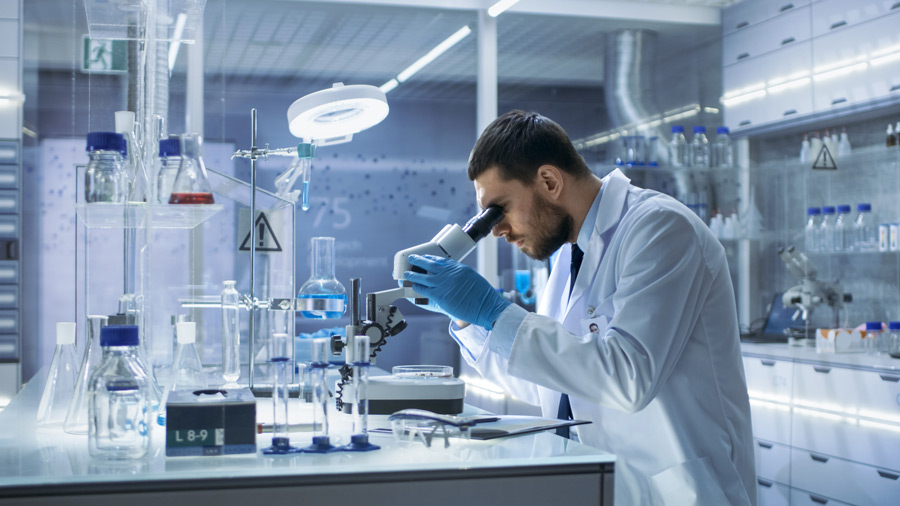Advancing Life Through Science And Technology

We as a country need a huge ramp-up for our healthcare infrastructure. Though the govt and the private sector have done a commendable job during Covid 19 times and we witnessed a significant improvement in the infrastructure. As a blessing in disguise, Covid 19 has also brought the spotlight on health and we have also seen a lot of attention on health-related things among the common people as well. Earlier, healthcare was not the top priority for us as common people but now this concept has changed and people are willing to go the extra mile to take care of their health and wellbeing.
On one hand, there is a greater awareness of healthcare now, on the other hand, the biggest bottleneck remains the accessibility and availability of world-class technologies at nearby nursing homes, labs, and primary centers. Even today, most of the healthcare infrastructure remains concentrated in small pockets and is driven by a few heavily invested chains and groups. But India is a vast country and more than 65% of our population lives in rural areas. A typical example is Diagnostics, which is at the core of healthcare. This forms the basis of all the management and treatments but the question is: how many labs/nursing homes/hospitals will have money readily available to acquire the latest and most advanced technologies. Barring a few groups and corporate chains, a majority of the diagnostics labs work on very basic infrastructure, and basic tests like HBA1C /Thyroid panel/fertility markers/cardiac markers are still outsourced to those few labs which have access to funds. Though we know there are very robust and compact technologies available which can help them do all these basic tests at their labs or their nursing homes, but still, don’t have these technologies in most of the labs.

As communicated earlier also, our goal at ALSAT Diagnostics is to try and address the challenges which are coming in the way of democratizing diagnostics. Our goal is to ensure the accessibility of quality diagnostics infrastructure at the labs and centers in the nearby areas for all. For the same reason, we launched point-of-care solutions and are overwhelmed by the success and adoption of the same at the local levels. Now, to take our goal forward, we are also committed to ensuring access to Chemiluminescence or Immunoassay analyzer in as many labs as possible. To make it easy for our nursing homes or diagnostics centers to acquire the latest in CLIA technologies, we have also come up with innovative ways of supporting healthcare professionals. ALSAT has taken one such initiative to extend the payment plan to 24 to 36 months for many of these technologies like Chemiluminescence/Hormone analyzer. The response and acceptance of these innovative solutions from ALSAT have been amazing and we are truly humbled to have this kind of trust. We also feel lucky that we could do something to empower dozens of labs/hospitals within a month of this initiative. We feel confident that we’re doing to turn this number into hundreds within one year of time.
As committed, we will continue to find ways and means to help our healthcare professionals provide the best possible solutions to our people. Not just this but it also ensures the accessibility of these solutions across the remotest areas. We will continue to work on Advancing Life through Science And Technology.
